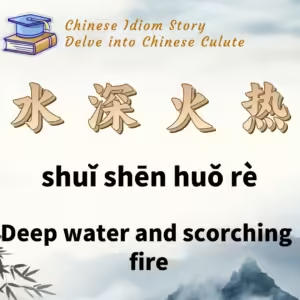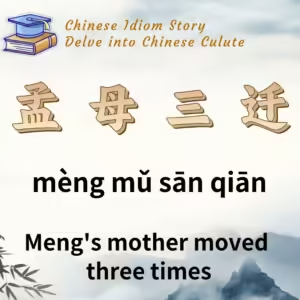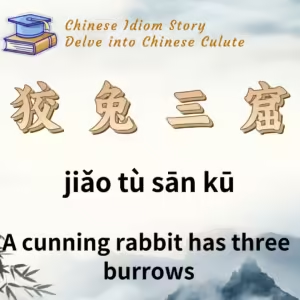
Chinese Idiom: 水深火热 (Shui Shen Huo Re)
English Translation: Deep water and scorching fire
pīn yīn: shuǐ shēn huǒ rè
Idiom Meaning: This idiom describes a situation of extreme suffering and harsh conditions. It is used to convey the idea of being in a very painful or difficult predicament.
Historical Source: This idiom comes from the book Mencius (《孟子》), specifically from the chapter “梁惠王下” (Liang Hui Wang, Part Two).
Idiom Story:
During the Warring States period, the philosopher and statesman Mencius (Mengzi) often visited the state of Qi to discuss governance with King Xuan of Qi. Mencius was an advocate of benevolent rule and opposed the use of force for expansion. He believed that only those who did not take pleasure in killing could truly unify the world and promoted the idea of “following the ways of the ancient kings” and implementing benevolent policies.
At one point, the state of Qi, taking advantage of internal strife in the state of Yan, launched an attack to conquer Yan. The people of Yan, suffering greatly under their own rulers, welcomed the troops from Qi as a relief from their suffering. When King Xuan of Qi considered taking over Yan, he consulted Mencius for advice.
Mencius used this opportunity to advocate for his principles. He explained that Yan was not weaker than Qi but had been weakened by its rulers’ oppressive policies, which led its people to support Qi’s invasion in hopes of escaping their misery. Mencius warned King Xuan that if Qi did not address the root causes of the suffering and instead continued with oppression, the people of Yan would suffer even more. He used the metaphor of being “in deep water” and “in blazing fire” to describe the situation: just as one sinks deeper in water or burns more intensely in fire, the people’s suffering would only increase, making any temporary gains unsustainable.
This metaphor of “deep water” and “scorching fire” was later simplified into the idiom “水深火热” (deep water and scorching fire), reflecting extreme distress and harsh conditions.






